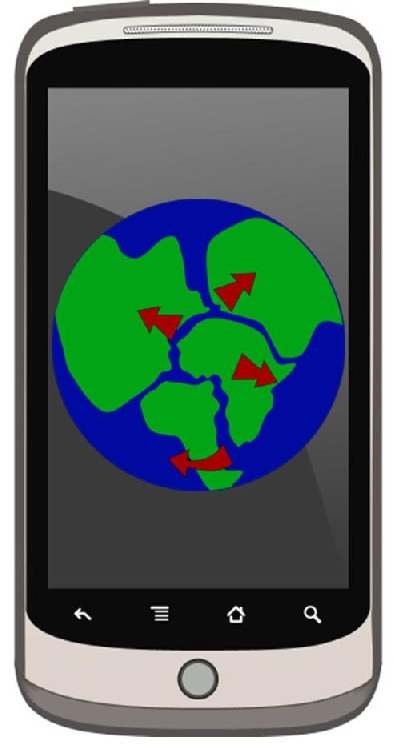 Spreading the word over smartphones is becoming a required form of promotion for films.
Spreading the word over smartphones is becoming a required form of promotion for films.
One of the new required elements of the release of a new blockbuster film has now become a mobile marketing strategy, which must be established before the film actually opens in theaters.
This can involve any number of smartphone friendly elements, from a site to engaging apps.
The latest example of this new movie release requirement is the mobile marketing effort that was put together by Fox Digital Entertainment, in partnership with WPP Digital company POSSIBLE. They worked together to bring fans a DIE HARD smartphone and tablet game that has debuted in time for the film.
This mobile marketing game availability is designed both for Android and iOS based devices.
The new game is based on “A Good Day To Die Hard”, the feature film that is the latest in the Die Hard series and that is celebrating its 25th anniversary this year. The film stars Bruce Willis and Jai Courtney, but the game brings together both first person shooter and endless runner style genres. It has, in essence, created an entirely new format of game, which is being labeled the “endless shooter”.
The app is retailing for a competitive game price on Amazon’s marketplace as well as on iOS, at $0.99. However, the Android version is available for free at Google Play. This makes it not only a unique game that will draw attention – likely both in its free and paid forms – due to its unique nature, but will also help to provide effective mobile marketing promotion for the film to which it is associated.
According to the POSSIBLE managing director, Los Angeles, Andrew Solmssen, “The DIE HARD franchise is one of the most recognizable entertainment properties in the world and we are honored to bring the latest installment to life in the form of the new DIE HARD app.” He went on to add that “Our number one mandate in developing the app was to create an awesome standalone gaming experience.”
As a growing number of blockbuster films release apps and mobile marketing elements to their overall advertising strategies, it is becoming increasingly clear that smartphones and tablets are indispensable in the promotions efforts of these movies.

 Real time information about consumer location are playing a larger part in advertising over smartphones.
Real time information about consumer location are playing a larger part in advertising over smartphones.